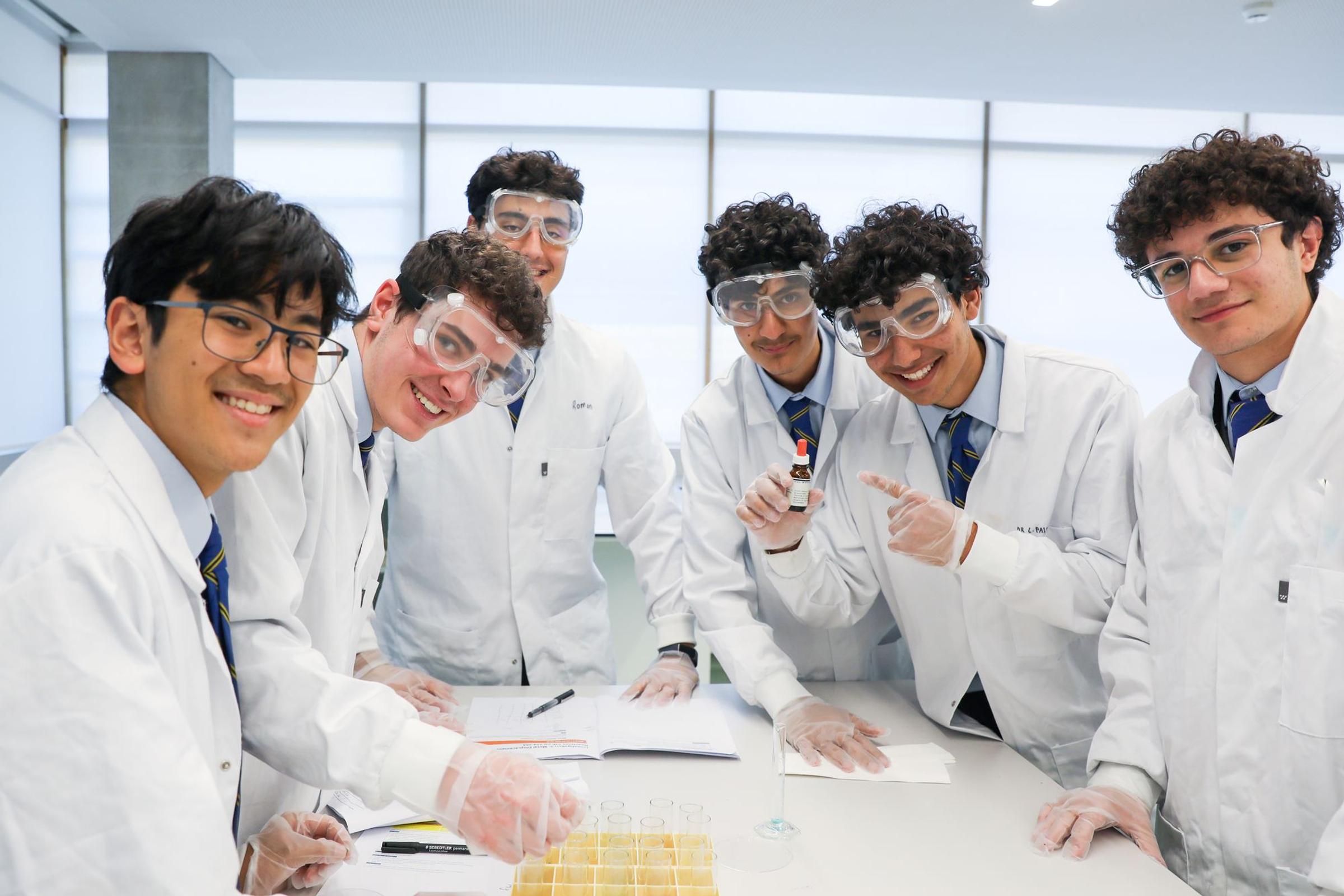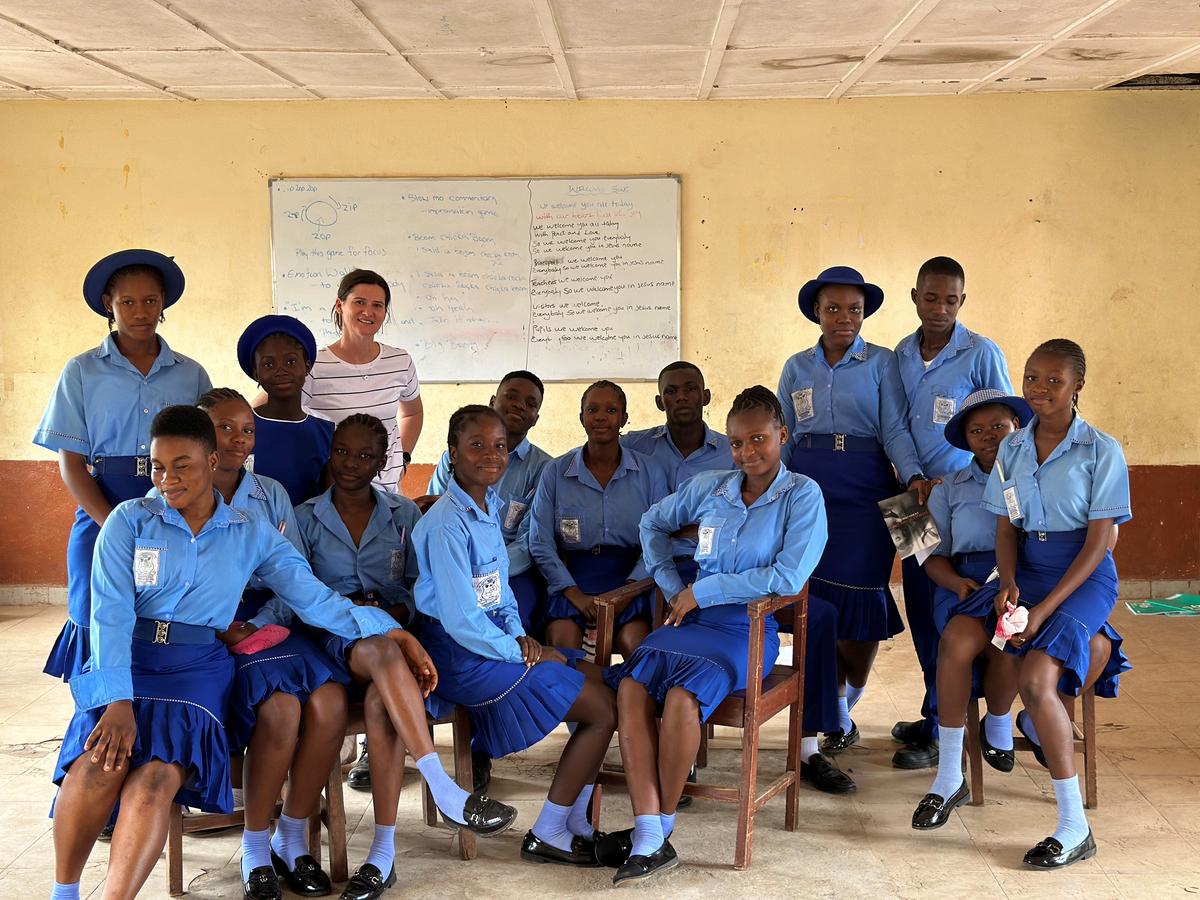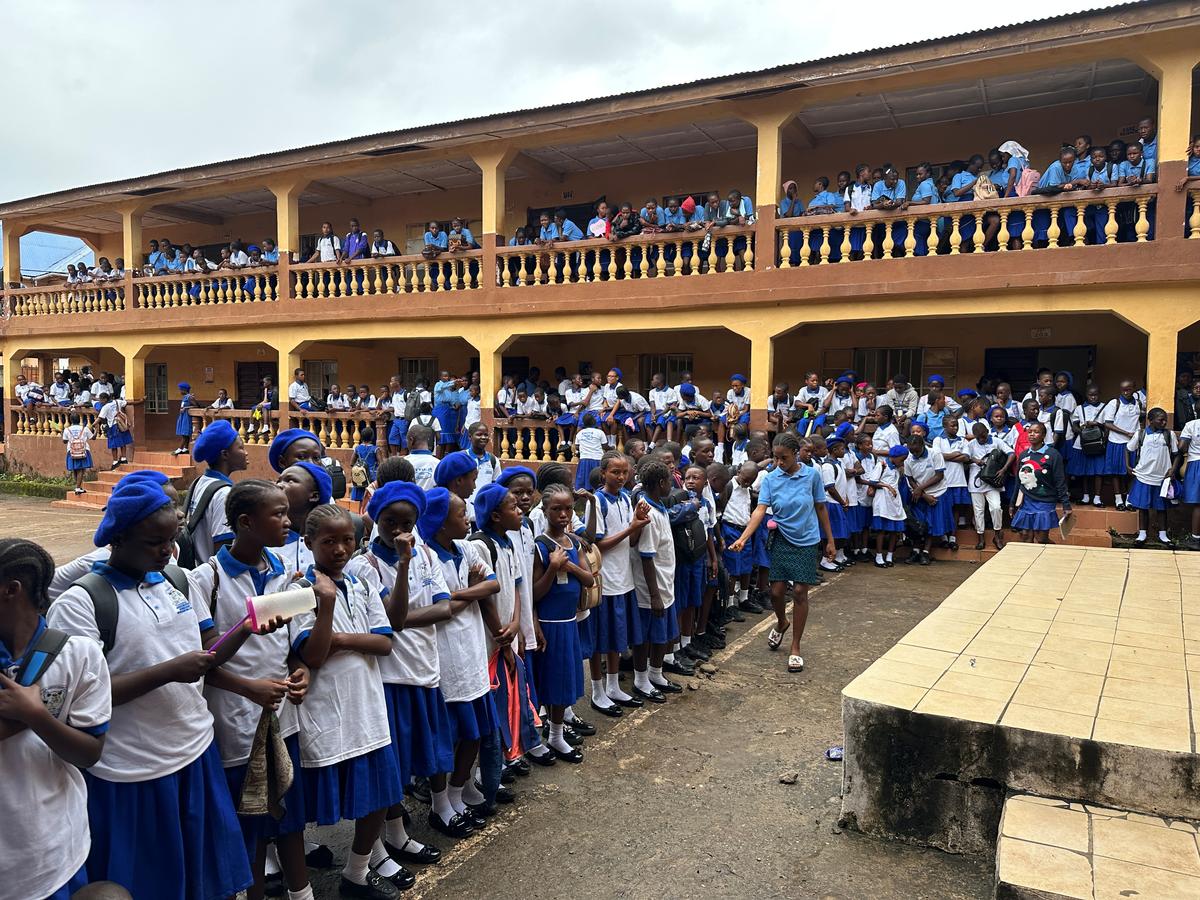Curriculum and Learning

Year 11 Final Preliminary Course Reports
As of last Friday 17 October 2025, the Final Preliminary Reports for Year 11 students are available to students and parents/carers via the Student Café and TASS Parent Lounge/Orbit App.
Students are encouraged to use these reports as a valuable tool to reflect on their academic progress and identify opportunities for growth as they commence their HSC year. This is an important time to set realistic, achievable goals and to make steady, purposeful improvements over time.
Parents/carers are encouraged to support their sons in using this feedback constructively, using their assessments as part of the feedback and improvement cycle that was emphasised at our recent Parent HSC Information Evening.
Years 6 and 8 Academic Attainment Testing
In accordance with the College Calendar and Diary, Academic Attainment Testing (AAT) will take place next week:
Year 6: Tuesday 28 October 2025
Year 8: Wednesday 29 October 2025
Students are reminded to assemble under the direction of their Year Coordinator by 8:35 AM on their respective testing day. Testing will commence shortly thereafter and will be supervised by external invigilators from Academic Assessment Services (AAS).
The AAT provides valuable, independent assessment data that assists the College in forming next year’s classes and in monitoring student progress across key academic areas, including general ability, reading, writing, and mathematics, from Year 5 through to Year 12.
The tests are prepared and administered by AAS, a nationally recognised organisation specialising in the assessment and analysis of educational performance and progress.
James Martin
Director of Curriculum
Connecting Through the Arts
In 2023, I was introduced to Edmund Rice Education Beyond Borders (EREBB), a global network of over 280 Catholic schools across more than 20 countries, educating more than 200,000 young people from many different faiths and cultures.
One of EREBB’s flagship initiatives is Student Global Engagement, which enables schools around the world to connect and learn from each other. I registered our Drama students to connect with their counterparts at St Ambrose Academy in Sierra Leone through the Global Classrooms program.
My connection with Sierra Leone began about fifteen years ago when my brother and his partner moved to the capital, Freetown. My sister-in-law works in Public Health Infrastructure and currently serves as the Health Advisor to the Vice President’s Office, while my brother is a filmmaker and video journalist.
Our first Global Classrooms Zoom session in 2023 was challenging. With the large time difference, the SPC boys stayed back until 7:00 PM, and although the internet connection was patchy, we made it work. Together, we explored how the Arts can be used to change the world.
In 2024, I visited St Ambrose Academy for the first time to meet the students and teach, and during the recent holidays, I returned to teach for another week. The visit included a Zoom with the current Year 10 Drama class, along with the recently graduated Year 12 Drama students who were part of the original 2023 exchange.
St Ambrose Academy is a world away from us, in every sense. The school consists of large, echoing rooms with no electricity, no lights, no Wi-Fi, and no computers. The students learn through traditional “chalk and talk” methods, and it struck me what a privilege it is to be able to be creative in our teaching, something we often take for granted. However, even with what we would call a lack of resources, the students at St Ambrose have a passion and enthusiasm for learning that is infectious.
The school doesn’t have Drama or Music as formal subjects. Instead, they have a Performing Arts group that meets simply because they love to perform. We spent the week learning new Drama techniques, playing games, and working on the play they had put together. Students at St Ambrose perform plays on social issues. This year, they created a beautifully powerful piece highlighting the detrimental effects of child marriage and urging audiences to take a stand against it.
While I was at St Ambrose, many people commented on what they could learn from me and my students, but I would argue that the learning goes both ways. During the Zoom, both groups asked questions about each other’s school life, education, and experiences outside the classroom. Last week, Ms Connor wrote about Ubuntu, the African philosophy meaning “I am because we are.” Creating empathy and understanding is what these connections are all about, the more students can learn from each other, the more empathy we can foster.
Before the students performed for their school, they stood together, and one boy, Bashie, said, “We need to focus and go out there and perform for Allah or Jesus, whoever the god is you love.” Bashie’s best friend, Sunshine, is Christian, while Bashie is Muslim. This kind of inclusion and acceptance is seen all over Sierra Leone. Someone explained to me, “It doesn’t matter what religion you are because, at the end of the day, we all have the same boundaries.” This country has been through so much and shed so many “blood tears,” why would they argue over the values that unite them? That is Ubuntu in action, and something we can all learn from.
Our Year 10 Drama students are excited to continue building their connection with St Ambrose. When I returned, the first thing they asked was, “When can we Zoom again?” Both classes will continue to share their work and ideas, exploring how we can use the Arts to change the world, one performance at a time.
Rebecca Duff
Head of Performing Arts


